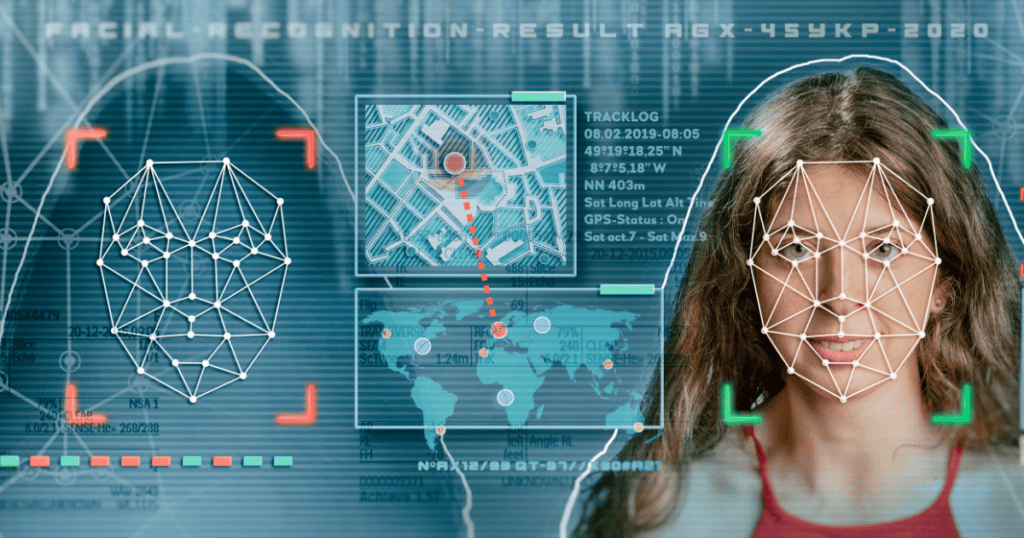The integration of real-time facial recognition technology into Meta Glasses by a group of innovative students signals a remarkable step forward in wearable technology. This advancement promises to revolutionize user interactions across multiple sectors, including education, retail, and security, by enabling instant identification and personalized experiences. However, the implementation of this powerful tool raises critical privacy concerns and ethical debates, especially around data usage and consent. As the technology evolves, the balance between innovation and ethical responsibility comes into sharper focus.
Overview of Meta Glasses
As smart eyewear technology continues to evolve, Meta Glasses has emerged as a frontrunner in the industry. These smart glasses are equipped with cutting-edge features, enabling users to livestream video, extract real-time data, and now, with the latest student-led development, perform facial recognition in public spaces.
Key capabilities of Meta Glasses include:
- AI-powered facial recognition, allowing immediate identification.
- Large Language Models (LLMs) for data aggregation and analysis.
- The ability to retrieve personal details such as names and phone numbers from public databases.
The glasses’ subtle, ordinary appearance, closely resembling regular eyewear, makes it difficult for others to detect when they are being recorded, raising significant privacy and data security concerns. The ethical implications of real-time data collection in public spaces require careful consideration as this technology continues to develop.
Innovation in Facial Recognition Technology
The integration of facial recognition into wearable tech represents a substantial leap in the way users interact with the world. These innovations enable smart glasses to:
- Capture and analyze faces in real time.
- Identify individuals within seconds using public databases.
- Perform reverse facial recognition, quickly matching scanned faces with online data.
While the technology opens doors for enhancing security and personalization, the rapid advancement also exposes vulnerabilities in terms of privacy protection and potential misuse, such as unauthorized data access or stalking. This duality of opportunity and risk underscores the importance of balancing technological progress with robust ethical standards.
Real-Time Identification Features
Meta Glasses’ real-time identification capabilities are powered by AI algorithms designed to capture, process, and analyze facial data in public settings. Here’s how these features function:
- AI Algorithms: Capture images and perform facial recognition.
- Live Recording: Stream images to a computer for processing.
- Public Database Access: Pull data from publicly available resources to identify individuals.
These features provide a unique way to gather and synthesize information, but they also introduce privacy concerns, especially around data security. The real-time nature of the identification process brings ethical questions to the forefront, particularly regarding the unwarranted access to personal information.
Potential Applications and Benefits
The benefits of facial recognition technology in Meta Glasses extend beyond basic user interaction, offering new possibilities in various fields:
- Security: Enhances safety in public spaces by identifying individuals quickly.
- Retail and Hospitality: Allows personalized customer service through instant recognition.
- Healthcare: Supports healthcare professionals in accessing crucial information about patients in real time.
- Education: Enables efficient tracking of attendance and student engagement.
However, these benefits must be weighed against the ethical implications that accompany the increased accessibility of personal information.
Privacy and Ethical Concerns
With the rapid development of facial recognition technology comes an equally rapid rise in privacy concerns. The use of Meta Glasses to identify individuals in public, often without their knowledge or consent, raises questions about:
- Doxing: The potential for exposing sensitive information.
- Privacy Violations: The inability for people to know when they’re being recorded.
- Data Exposure: Personal data becomes more accessible and at risk of being misused.
- Ethical Implications: The possibility of technology being used for harassment or stalking.
These challenges highlight the need for transparent regulations and ethical guidelines that safeguard privacy and ensure the responsible use of facial recognition technology in smart glasses.
Student Experiences and Feedback
During the demonstration of these enhanced Meta Glasses, students expressed both excitement and concern. They were impressed by the speed and efficiency of the technology but simultaneously uneasy about the privacy risks involved.
Key feedback included:
- Fascination with Innovation: Many students praised the convenience and futuristic appeal of the glasses.
- Privacy Concerns: Some were disturbed by how easily personal information could be accessed without consent.
The mixed reactions highlight the need for ongoing discussions on data protection and the ethical use of such technologies.
Future of Smart Glasses Technology
The future of smart glasses technology promises continued advancements, particularly with enhanced AI capabilities. These innovations will likely make smart glasses more accurate and versatile, enabling users to perform a wide range of tasks beyond facial recognition.
As technology evolves, it will be critical to establish frameworks for responsible use, particularly around the collection and distribution of personal data. Companies and developers must focus on creating transparent and secure systems to protect users while continuing to innovate.
MacReview Verdict
The integration of real-time facial recognition into Meta Glasses by students showcases both the incredible potential of wearable technology and the significant ethical challenges it introduces. The juxtaposition of innovation with privacy concerns cannot be ignored, and moving forward, the development of these technologies will require both creative freedom and regulatory oversight. As society adapts to these advancements, we must ensure that the balance between convenience and consent is maintained, shaping a future where technology enhances life without compromising personal privacy.




